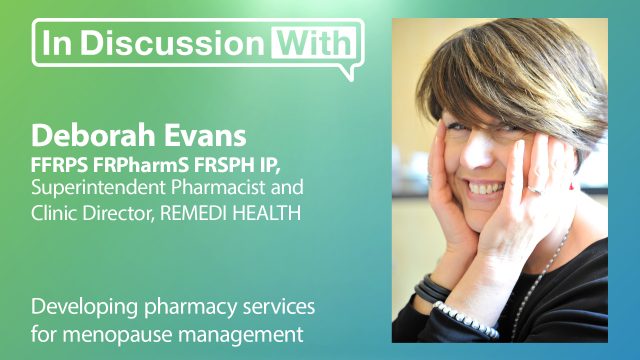Advertisment
UK’s young people at risk of leaving school without vital knowledge of reproductive health, study finds

Pupils in the UK are not learning about potentially life-changing issues such as endometriosis, infertility, and miscarriage, according to a new study of curricula in science and in relationships and sex education.
Researchers from University College London (UCL) looked at what schools are expected to teach 14–18-year-olds across the UK, using curriculum requirements and specifications set by exam boards. Findings, published today in the peer-reviewed journal Human Fertility, demonstrate significant gaps and variations in what pupils are taught about sexual and reproductive health.
The study’s senior author is award-winning Professor Joyce Harper, Head of the Reproductive Science and Society Group at the UCL EGA Institute for Women’s Health, who has worked in the fields of fertility, genetics, reproductive health and women’s health for over 30 years.
She states the current curriculum is leaving children with a “lack of understanding of concepts that are needed for their reproductive health”.
“We have found significant variation and gaps in the current UK science and biology curricula for 14–18-year-olds as they relate to sexual and reproductive health: there is potential for better alignment of science, and relationships and sex education teaching,” she adds.
Professor Harper, and the rest of the research team at UCL, found most pupils are expected to learn about sexually transmitted infections; hormonal aspects of reproduction; contraception; the menstrual cycle; and assisted reproductive technology. However, important topics such as endometriosis, fertility, preconception health, pregnancy, miscarriage and menopause are missing from the curriculum and from science exams.
There are substantial differences between the nations of the UK, with Scotland having the most comprehensive coverage in its curriculum.
The findings matter because these issues are experienced by large numbers of adults, the researchers say – menopause is an almost universal transition for women, while endometriosis affects around 10 per cent and a quarter of known pregnancies end in miscarriage. HIV, other sexually transmitted infections and unwanted pregnancy cost health services large amounts of money.
“Better reproductive health education is crucial if young people are to understand their reproductive systems and to make informed decisions about their sexual lives and fertility, including whether they want to have children or not,” Professor Harper, who hosts the podcast ‘Why didn’t anyone tell me this?’ and is author of the book ‘Your Fertile Years’, adds.
“Government departments, teachers, parents and others should all play a role in deciding what to include in the school curriculum.
“Poor fertility education at school is a major reason for people being unable to have children when they want them.
“Improvements in education could also help address unrealistic media portrayals of fertility and the relatively low success of procedures such as IVF.”
The study looks at both relationships and sex education curricula and exam specifications for biology and science in relation to reproductive health. It included analysis of new RSE guidance for England which was introduced in 2020, and Scottish advice and guidance on relationships, sexual health and parenthood education. There is no comparable guidance for Northern Ireland or Wales.
The results reveal significant differences in the content of the sex and reproductive health education curricula across the UK, with gaps in the comprehensiveness with which relevant topics are taught. For instance, miscarriage and menopause are included in the curriculum in Scotland but not in England. There is little about LGBTQ+ relationships, and students are not usually asked to consider what they might do if they found themselves pregnant but did not want to have children. There is also a “worrying lack” of acknowledgement that sexual and reproductive health is an important aspect of an individual’s overall wellbeing.
Following the findings, the research team is preparing to work with five schools to see how they may use a teachers’ resource which they’ve created with the International Reproductive Health Education Collaboration, which Harper founded and chairs.





